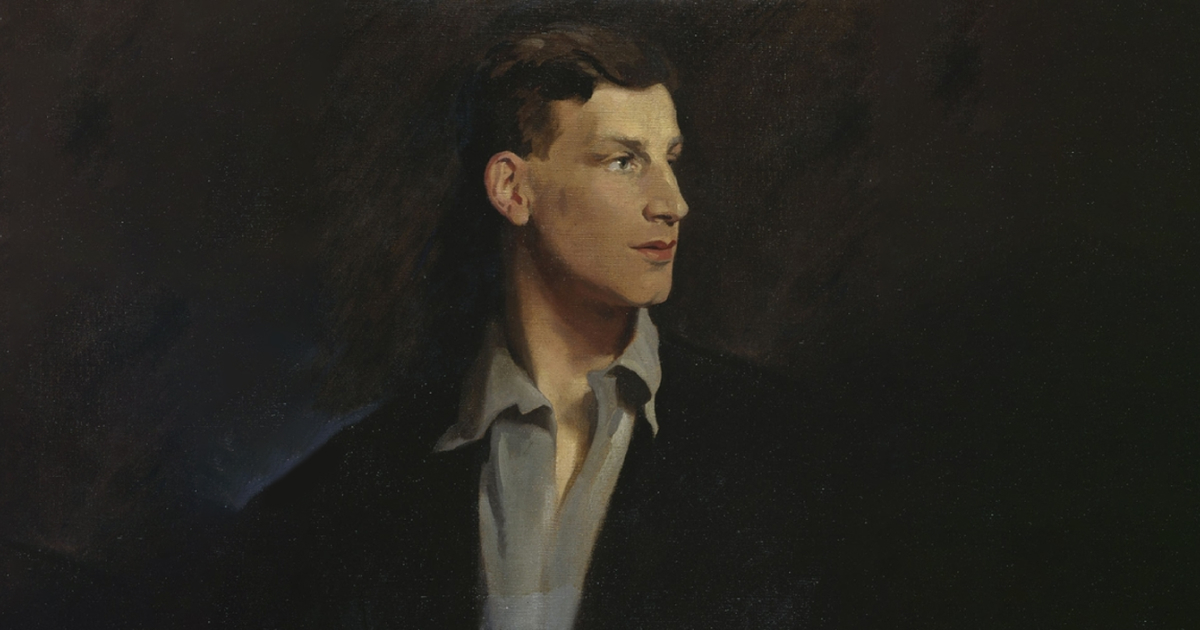There are many biblical books that fascinate me, from both the Old and the New Testaments. Reading Genesis, Exodus and the Psalms always moves me. Jeremiah fascinates me again and again. Job is wonderful. The Gospels are, of course, the centrepiece of revelation; then there is St Paul’s Letter to the Romans, then the Apocalypse... in short, it’s always difficult to say which book attracts me the most.
The closeness to one book or another also changes over time, depending on what you are experiencing. There are times when you need comfort, others when you need to express your pain, cry out in loneliness, and so on. Instead of books, I prefer to identify with the different characters of the Bible: with episodes, stories, journeys, people and communities that often go beyond a single book; the biblical patriarchs, for example, or Samuel, David, the prophets or the apostles.
But if I had choose one book, albeit with some reluctance, it would be Jonah. I like this unruly character, who has no desire to expose himself, who prefers to stay in his comfort zone, who has no interest in converting anyone, and who, instead of taking the fate of Nineveh to heart as God asks him to, prefers to run away from what God has intended for him.
“Arise, go to Nineveh, the great city, and proclaim there that their wickedness has reached me. Instead, Jonah set out to flee to Tarshish, far from the Lord” (Jonah 1:2-3).
Jonah is also impudent. He wants to go far away from the Lord, to flee. He does not like God’s plan; he does not want mercy, he just wants to follow his idea of justice. They are sinners, so they should pay for their sin. No mercy! He is a stubborn prophet who insists on his own point of view. But equally fascinating is the God who is not intimidated by Jonah the fugitive. “Where do you think you are going, Jonah? You are definitely going to Nineveh!”
It is the story of two characters. Jonah runs away, but God keeps bringing him back, literally throwing him into the project he has for him (1:12.15). It is a constant dispute between him and God.
Jonah also hides in the ship during the storm; he goes to its lowest part (1:5). Even from there he is caught and brought back to his fate: you cannot run away from God. Thrown into the sea, however, God does not leave him to the mercy of the waves, but saves him with a fish. It is a sign that Jesus later makes His own (Mt 12:39) and one adopted by the early Church.
So Jonah reluctantly agrees to go to Nineveh, where he preaches the conversion of sinners. To his great surprise, the population converts in a wonderful and unexpected way, starting with its king. In short, everything seems to be going according to God’s will – to Jonah’s great disappointment, for he cannot accept combining justice with mercy.
God relented of the disaster that He had said He would visit on them, and He did not do it. But it displeased Jonah exceedingly, and He was angry (3:10-4:1).
At last, towards the end, Jonah decides to speak. He refuses to accept the idea of “a God who is merciful and gracious, slow to anger and of great love” (4:2), so much so that he prefers to die: “Now then, Lord, take my life from me!” (4:3).
But not even God relents in this ongoing duel with Jonah: “Do you think it right to be so angry?” (4:4). The argument continues until the end of the book; there is no happy ending.
Jonah still hopes that something will happen; he hides under the castor oil plant, to see what will happen to the city. But God finds him and once again makes fun of the prophet. The book ends with a question from God to Jonah to which there is no answer: “Should I not have mercy on Nineveh, this great city?” (4:11).
This is a short and enigmatic book. It deals with relationships and with situations that can apply to any context. A man who struggles to maintain a relationship with God, to adhere to His criteria, to make His thoughts his own. A character, Jonah, who has clear ideas and does not want to go to the trouble of discussing them, who does not accept comparisons. He is happy as he is.
On the other side there is God, who never ceases to pick up the threads of a lost relationship in a powerful way. Even creation joins in with the divine intention towards Jonah. But, surprisingly, he remains stubborn to the end.
We never know if Jonah will convert like the Ninevites, for we do not know his answer. The book ends with this question; it remains open, and continues to challenge generations of faithful believers to this day.
Cardinal Pierbattista Pizzaballa OFM is the Latin Patriarch of Jerusalem
This article appears in the June issue of the Catholic Herald. To subscribe to our award-winning, thought-provoking magazine and have independent and high-calibre counter-cultural Catholic journalism delivered to your door anywhere in the world click HERE.
There are many biblical books that fascinate me, from both the Old and the New Testaments. Reading Genesis, Exodus and the Psalms always moves me. Jeremiah fascinates me again and again. Job is wonderful. The Gospels are, of course, the centrepiece of revelation; then there is St Paul’s Letter to the Romans, then the Apocalypse... in short, it’s always difficult to say which book attracts me the most.
The closeness to one book or another also changes over time, depending on what you are experiencing. There are times when you need comfort, others when you need to express your pain, cry out in loneliness, and so on. Instead of books, I prefer to identify with the different characters of the Bible: with episodes, stories, journeys, people and communities that often go beyond a single book; the biblical patriarchs, for example, or Samuel, David, the prophets or the apostles.
But if I had choose one book, albeit with some reluctance, it would be Jonah. I like this unruly character, who has no desire to expose himself, who prefers to stay in his comfort zone, who has no interest in converting anyone, and who, instead of taking the fate of Nineveh to heart as God asks him to, prefers to run away from what God has intended for him.
“Arise, go to Nineveh, the great city, and proclaim there that their wickedness has reached me. Instead, Jonah set out to flee to Tarshish, far from the Lord” (Jonah 1:2-3).
Jonah is also impudent. He wants to go far away from the Lord, to flee. He does not like God’s plan; he does not want mercy, he just wants to follow his idea of justice. They are sinners, so they should pay for their sin. No mercy! He is a stubborn prophet who insists on his own point of view. But equally fascinating is the God who is not intimidated by Jonah the fugitive. “Where do you think you are going, Jonah? You are definitely going to Nineveh!”
It is the story of two characters. Jonah runs away, but God keeps bringing him back, literally throwing him into the project he has for him (1:12.15). It is a constant dispute between him and God.
Jonah also hides in the ship during the storm; he goes to its lowest part (1:5). Even from there he is caught and brought back to his fate: you cannot run away from God. Thrown into the sea, however, God does not leave him to the mercy of the waves, but saves him with a fish. It is a sign that Jesus later makes His own (Mt 12:39) and one adopted by the early Church.
So Jonah reluctantly agrees to go to Nineveh, where he preaches the conversion of sinners. To his great surprise, the population converts in a wonderful and unexpected way, starting with its king. In short, everything seems to be going according to God’s will – to Jonah’s great disappointment, for he cannot accept combining justice with mercy.
God relented of the disaster that He had said He would visit on them, and He did not do it. But it displeased Jonah exceedingly, and He was angry (3:10-4:1).
At last, towards the end, Jonah decides to speak. He refuses to accept the idea of “a God who is merciful and gracious, slow to anger and of great love” (4:2), so much so that he prefers to die: “Now then, Lord, take my life from me!” (4:3).
But not even God relents in this ongoing duel with Jonah: “Do you think it right to be so angry?” (4:4). The argument continues until the end of the book; there is no happy ending.
Jonah still hopes that something will happen; he hides under the castor oil plant, to see what will happen to the city. But God finds him and once again makes fun of the prophet. The book ends with a question from God to Jonah to which there is no answer: “Should I not have mercy on Nineveh, this great city?” (4:11).
This is a short and enigmatic book. It deals with relationships and with situations that can apply to any context. A man who struggles to maintain a relationship with God, to adhere to His criteria, to make His thoughts his own. A character, Jonah, who has clear ideas and does not want to go to the trouble of discussing them, who does not accept comparisons. He is happy as he is.
On the other side there is God, who never ceases to pick up the threads of a lost relationship in a powerful way. Even creation joins in with the divine intention towards Jonah. But, surprisingly, he remains stubborn to the end.
We never know if Jonah will convert like the Ninevites, for we do not know his answer. The book ends with this question; it remains open, and continues to challenge generations of faithful believers to this day.
<em>Cardinal Pierbattista Pizzaballa OFM is the Latin Patriarch of Jerusalem</em>
<strong><strong>This article appears in the June issue of the <em>Catholic Herald</em>. To subscribe to our award-winning, thought-provoking magazine and have independent and high-calibre counter-cultural Catholic journalism delivered to your door anywhere in the world click <a href="https://catholicherald.co.uk/subscribe/?swcfpc=1"><mark style="background-color:rgba(0, 0, 0, 0)" class="has-inline-color has-vivid-cyan-blue-color">HERE</mark></a></strong></strong>.






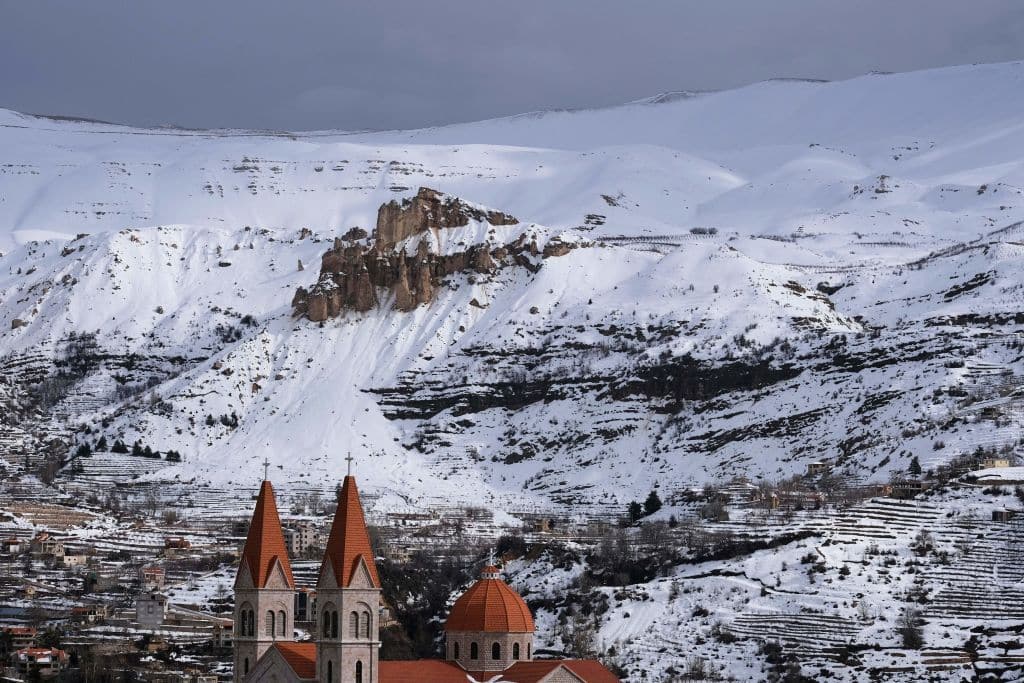


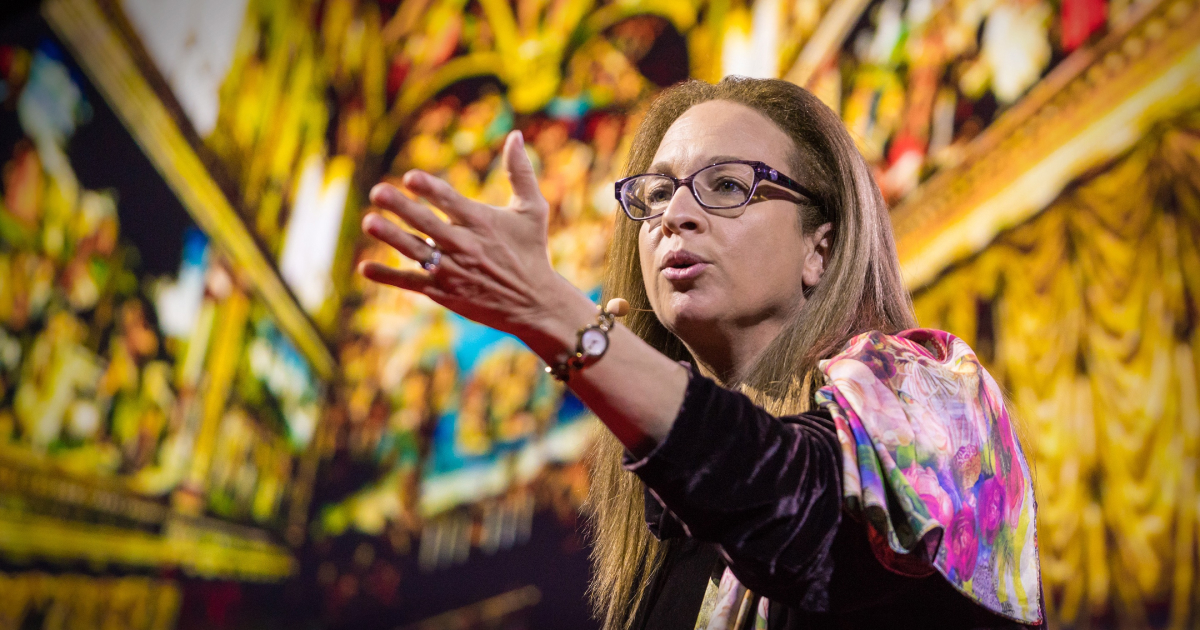
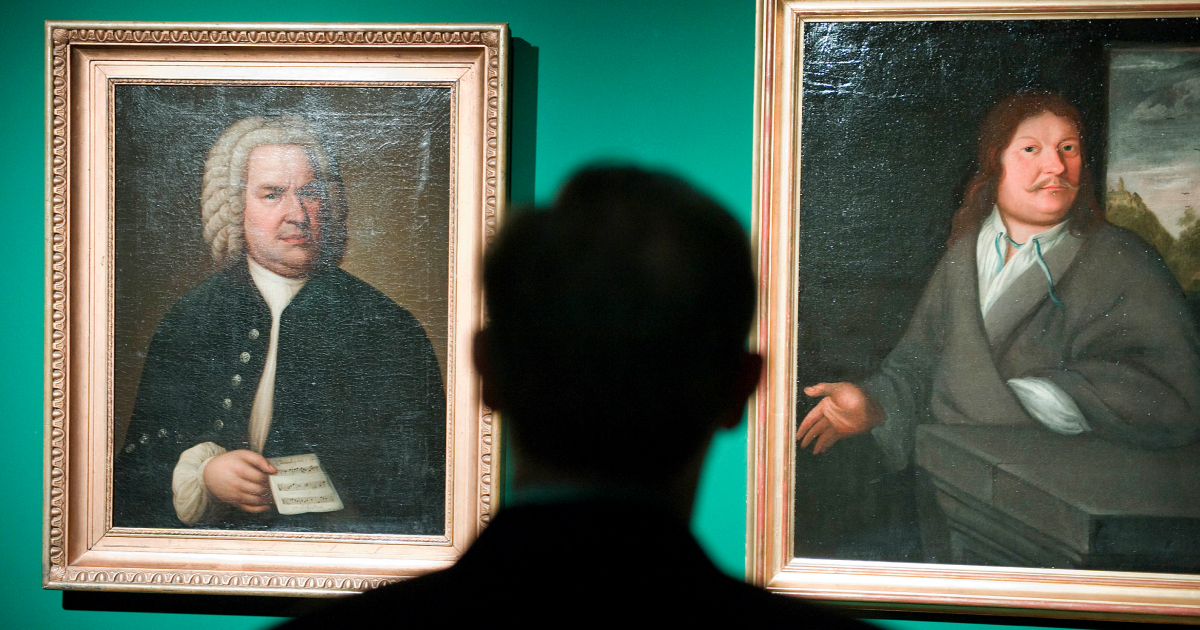
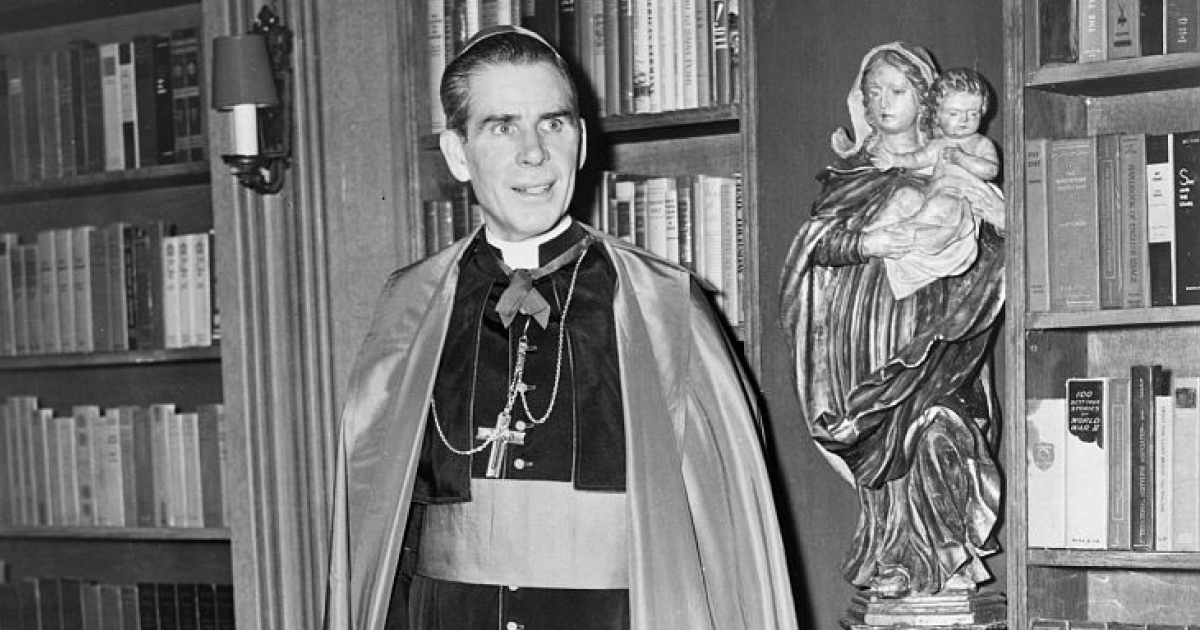
.jpg)

